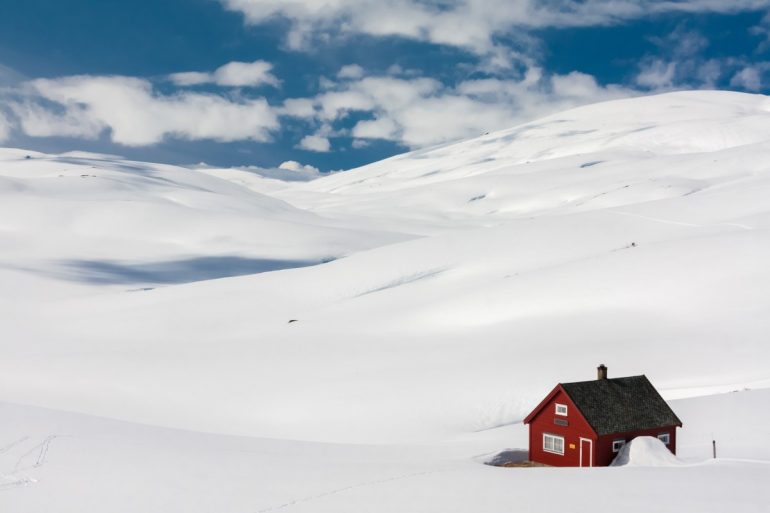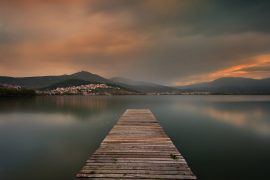[openquote]If God is really at the center of things…. then…buck the dominant consequentialist ethic of our age–which says that we should act only if our action will most likely bring about good consequences–and simply, because we are people who embody the virtue of hope, do the right thing….. We should fulfill our calling to be caretakers of the earth regardless of whether global warming is real or there are holes in the ozone layer or three nonhuman species become extinct each day.[closequote]
– Steven Bouma-Prediger from For the Creation of the Earth
I look outside at the falling snow, perhaps the last snow this season. Snow in Scripture represents the ultimate cleansing of our sin through our Lord Jesus Christ’s blood. His blood–such a beautiful thing and yet such a grotesque and bitter means of salvation.
In creation, snow is the blanket that wraps the hills and trees; making them both warm and beautiful. Yet when our warm bodies touch the white, we feel cold and damp. We wake up delighted to see it covering the land, yet hesitate to journey out in it.
Our experience with snow in many ways is a microcosm of our experience with nature: A great beauty with power and death in its nature.
In reflecting on nature; we reflect on ourselves. Created in God’s image we are beautiful, a delight to our maker and full of potential good. But we turned from the Creator towards ourselves; and in so doing have taken the power of our creation and turned it to the propagation of death.
In moments of clarity we see both nature’s true beauty and the blight we inexorably bring upon it in the delight of our inherent materialism. Like us, this world is dying. We need our Creator not just to redeem us; but to give us a new self.
Much of the Lenten season is used for us to reflect upon our need for Christ and his sacrifice in preparation for Easter. In our fallen state we might think there is no good that can come of our lives. It can be tempting to look at this Earth and only see it descending into destruction. Yet even as all this is true (for we have much power in destruction but very little in restoration) we must not give up all hope. We can seek God’s power to bring restoration in our lives and ask him for vision on how we can care for this place we corrupt.
Let us place hope in Christ’s near return. Let us take pleasure in this beautiful place we experience. The Lord has shown us the good that we can do in our present circumstance: to act justly, to love mercy, and walk humbly with our God (Micah 6:8).
By Wesley Tamkin
Reflection and Prayer
Micah 7:18-19 (NIV)
Who is a God like you,
who pardons sin and forgives the transgression
of the remnant of his inheritance?
You do not stay angry forever
but delight to show mercy.
You will again have compassion on us;
you will tread our sins underfoot
and hurl all our iniquities into the depths of the sea.





